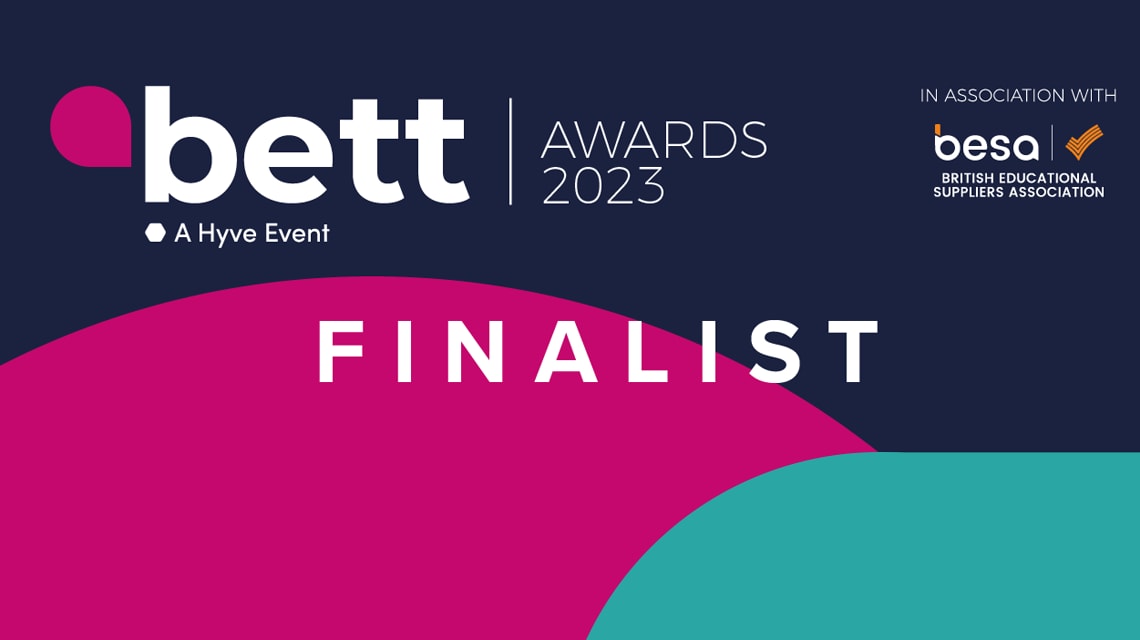Digital learning and innovation
We believe in the power of technology and innovation to enhance education.
Driven by collaboration and evidence, we can harness digital tools to empower the whole school community and shape impactful and inclusive teaching, learning and assessment experiences.
Learn more about the work we're doing with educators, young people and experts to drive new innovations, inspire digital confidence, unlock new opportunities and make a tangible impact in schools.
Spotlight on innovation

Onscreen exams
As technology evolves, exams should too, so we’re already making onscreen assessment a reality. Onscreen exams mean more than switching from paper to a device. They offer students another way to best show what they know and can do.

Introducing ActiveHub
Identify and bridge learning gaps at school, class and learner level with ActiveHub. Using interconnected assessments, data-driven insights and resources, this powerful digital learning platform helps trusts, school leaders, teachers and learners get a better view of their progression needs.

Why we’re thoughtfully optimistic about the place of GenAI
Generative AI brings into focus the importance of the most human skills, such as creativity and critical thinking.
Find out more about how we’re thinking about the impact of GenAI and AI literacy in education.
Digital learning support
Research and insights

Digital in schools
Our brand-new research with Cebr outlines how investment in digital transformation for state-funded UK schools could make a difference to the future of education and our economy.

Insights: Onscreen Assessment
Hear from Pearson and schools on our experiences of delivering onscreen exams in summer 2022 and recommendations on what’s next.

Spotlight on onscreen assessment
Our report poses some of the big questions ahead for the sector: how do we facilitate change? What are the big opportunities? And what are the barriers?

Persona Life Skills
Alongside Persona Education and 200 GCSE resit students, we’re exploring effectively life skills can be developed and recognised using digital badges.
Award nominations for collaboration, innovation and impact
BETT Awards 2023: Collaboration and Transformational Impact
Our work with schools across the globe has led to us becoming a BETT Awards 2023 finalist for: Transformational Impact – with our onscreen assessment pilot and Collaboration with a School – for our new Mocks Moderation Service with Greenshaw Learning Trust.





